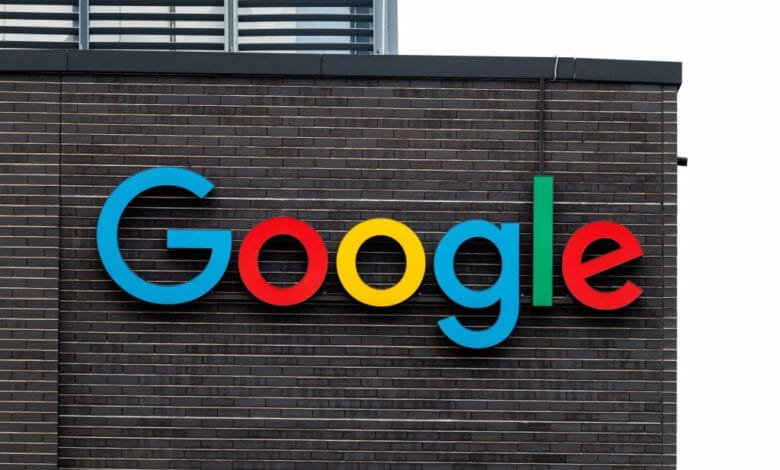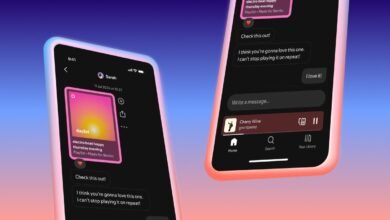Google Enhances Android & Chrome With New AI & Accessibility Tools

▼ Summary
– Google introduced new AI and accessibility features for Android and Chrome, including enhanced TalkBack capabilities that allow users to ask Gemini about images and screen content.
– TalkBack now supports interactive queries about images and entire phone screens, such as identifying objects or checking for discounts while shopping.
– Expressive Captions on Android has been updated to better convey speech nuances, like elongated words (e.g., “nooooo”) and non-verbal sounds (e.g., whistling).
– Chrome now uses OCR to make scanned PDFs accessible, enabling screen readers to highlight, copy, and search text within these documents.
– Chrome on Android added Page Zoom, allowing users to adjust text size without disrupting webpage layouts, with customizable settings for individual or all pages.
Google is introducing powerful new AI and accessibility upgrades for Android and Chrome, making digital experiences more intuitive for users with diverse needs. The latest enhancements focus on improving screen reader functionality, real-time captions, and PDF accessibility—delivering smarter tools that adapt to how people interact with their devices.
One standout improvement brings Gemini’s AI capabilities directly into TalkBack, Android’s built-in screen reader. Previously, the feature provided automatic descriptions for images lacking alt text. Now, users can engage in interactive conversations about visual content—whether it’s identifying objects in photos or answering specific questions. Imagine receiving a picture of a friend’s new guitar and instantly learning its brand, color, or other details through voice commands. The same functionality extends to entire screens, allowing queries about product materials or discounts while shopping in apps.
Android’s Expressive Captions also received a thoughtful update, refining how speech nuances are conveyed. The feature now detects elongated words—like an announcer’s “amaaazing shot!”—and labels non-verbal sounds such as whistling or throat-clearing. These subtle but meaningful improvements help users better interpret tone and context. Currently available in English across the U.S., U.K., Canada, and Australia, the upgrade requires Android 15 or later.
Chrome users gain two significant upgrades. First, Optical Character Recognition (OCR) now processes scanned PDFs, transforming previously inaccessible documents into readable, searchable, and highlightable text. Screen readers can navigate these files seamlessly, eliminating a major pain point for those relying on assistive technology. Second, Page Zoom on Android offers finer control over text sizing without disrupting webpage layouts. Users can adjust magnification per site or set a universal preference via Chrome’s menu.
These updates reflect Google’s commitment to inclusive design, ensuring technology adapts to users rather than the other way around. By integrating advanced AI with practical accessibility tools, the company continues bridging gaps in digital usability—one innovation at a time.
(Source: TechCrunch)






